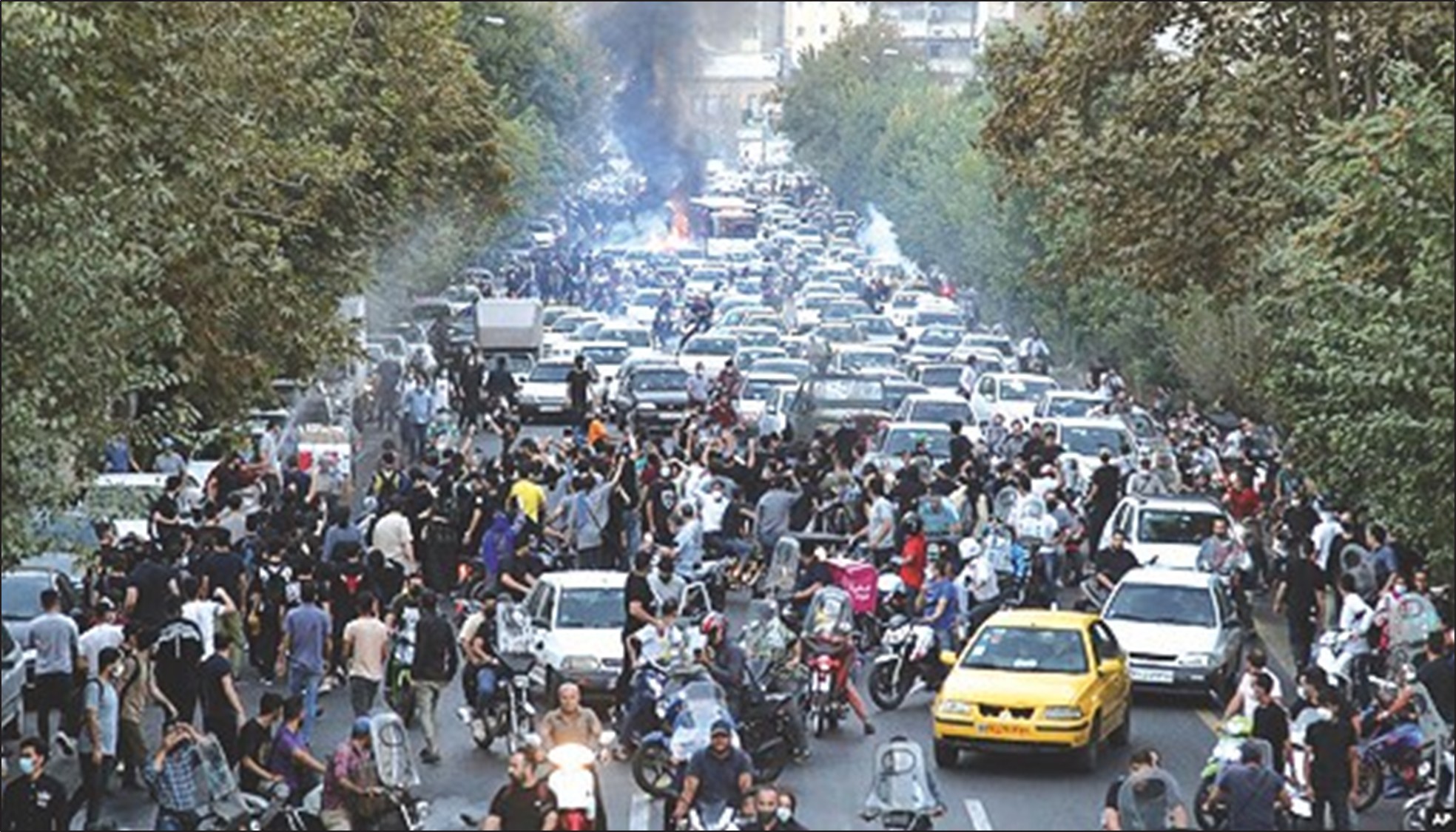December 06-2013
By Michael Singh
The “first-step” agreement regarding Iran’s nuclear program is a timeout rather than a breakthrough. Under the accord, Iran pauses but does not significantly roll back its nuclear progress, and the West does the same with sanctions.
The emerging debate — critics assert that more should have been demanded of Iran; defenders counter that this was the best the United States could do and that the alternative would have been not a better deal but rather a military conflict — is important, but with the deal signed, the most critical questions regard what comes next.
Three questions will determine whether this deal ultimately advances or sets back U.S. national security interests.
The first concerns implementation of the deal. Previous nuclear accords with Iran, such as the ones signed by Tehran and the European Union in 2003-04, foundered in implementation, not negotiation. At some point in the next six months, Iran may engage in activities that violate the deal in letter or spirit.
In addition, the Geneva deal covers only one of three elements of Iran’s nuclear program: fuel fabrication. The other two elements, weaponization research and the development of missile delivery vehicles, are proscribed by the United Nations but not addressed in the accord and may well continue.
The United States and its allies must prepare contingency plans to respond to any Iranian cheating on the deal and to punish Iranian nuclear-related work not addressed in the deal. Recall that when Syrian President Bashar al-Assad crossed President Obama’s “red line” on chemical weapons, U.S. officials found themselves scrambling to formulate a response. That sort of ad hoc policymaking cannot be repeated with Iran.
The second question concerns the ultimate end-state of Iran’s nuclear program. The interim agreement permits Tehran to retain all of its nuclear capabilities without requiring it to disclose all about its nuclear weapons-related work, past or present. This is a dangerous combination. Without insight into the full extent of Iran’s clandestine nuclear activities, no amount of monitoring and inspection can provide true confidence that Iran lacks a parallel program beyond inspectors’ view.
A final agreement must sharply curtail the nuclear capacity left in place by this first diplomatic step and require Iran to come clean on the full range of past and present nuclear work by all Iranian entities. To make clear to Tehran the alternative to such terms, the Obama administration should threaten to impose additional sanctions if no deal is reached and should take steps to strengthen the credibility of its military options.
This is not just good policy but a matter of practicality: Any final agreement, or even a renewal of the six-month interim period “by mutual consent,” as the Geneva deal allows, would require the cooperation of Congress. It was hard enough to get congressional agreement to lift sanctions on Libya after that country agreed to dismantle its nuclear program and abandon its support for terrorism. Obtaining Congress’s blessing of a deal that requires far less of Iran is unrealistic.
Finally, and most important, the agreement raises questions about the U.S. strategic position in the Middle East. Our allies already believe that the United States is retreating from the region; the Geneva agreement is likely to reinforce that view as it legitimizes nuclear activities that the United States and the U.N. Security Council have opposed for the past decade. Accordingly, many will see this as a sign that flirting with U.S. red lines brings rewards — which is, regrettably, the same lesson that many have taken from U.S. non-intervention in Syria.
Combating this impression will require vigorous and proactive efforts, in contrast with the ambivalent approach Washington has taken toward the Middle East in recent years. An important element will be to energetically enforce the sanctions Iran still faces on its nuclear program, as well as those tied to terrorism, human rights and other issues. Washington must deter countries and companies from prematurely returning to business-as-usual with Tehran.
Furthermore, to signal to both Iran and our allies that the United States is not looking for the exit but remains committed to the region, U.S. officials should coordinate with allies regarding the content of a final agreement rather than presenting them with a fait accompli. Beyond the nuclear issue, Washington should continue to work to thwart hostile Iranian policies, defend our interests and those we share with our allies and otherwise deepen American engagement in the region.
The Geneva accord has been aptly characterized as a “first step.” Only time and our own actions will tell whether it is a step toward Iran’s denuclearization or its rise as a nuclear power, a step toward U.S. retrenchment or the reassertion of U.S. leadership in the Middle East.
Michael Singh is managing director of the Washington Institute for Near East Policy.





















